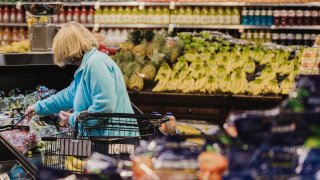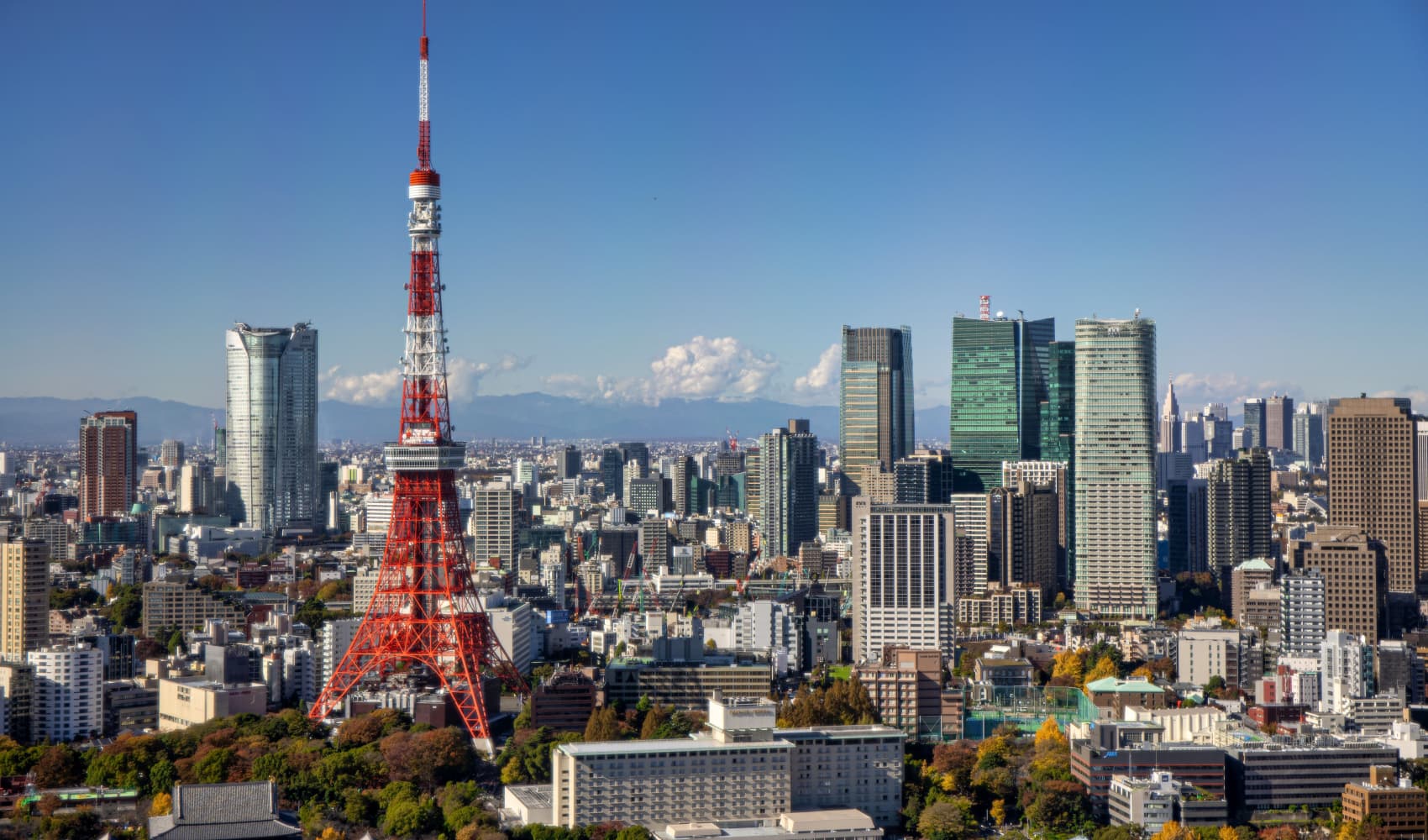
- Kroger said many favorable trends continued in the fiscal second quarter as shoppers bought big carts of groceries and larger packs.
- Yet investors are worried about the supermarket operator's margins, as it juggles inflation, theft and supply chain costs.
Kroger on Friday said shoppers filled up large baskets of groceries in the fiscal second quarter. They bought bigger items, such as 24-packs of toilet paper. And they replenished fridges frequently, as they cooked more meals at home.
The company's same-store sales, a key industry metric, were down 0.6% in the three-month period — nearly matching the heightened level of grocery sales during the year-ago period. It raised its outlook for the rest of the year.
We're making it easier for you to find stories that matter with our new newsletter — The 4Front. Sign up here and get news that is important for you to your inbox.
Yet shares of Kroger — the country's largest supermarket operator — fell about 7% on Friday afternoon as investors worried about a less favorable trend: Shrinking profits and squeezed margins.
CEO Rodney McMullen said on an earnings call that "food-at-home trends remain sticky." He said sales grew year over year in the produce, floral, deli and bakery departments, even as it went up against challenging comparisons.
But the company is under pressure from higher supply chain costs, rising levels of theft and increasing food prices, according to Kroger Chief Financial Officer Gary Millerchip. He said the grocer must pay more for transportation and warehouse space. He said that will continue in the second half of the year.
Money Report
Plus, the grocer is facing inflation. Like other retailers, Kroger has had to debate when to increase prices for customers and when to eat the cost.
Millerchip said the grocer has discounted products selectively to attract shoppers.
In a research note, J.P. Morgan analyst Ken Goldman questioned that approach. He said Kroger should pass on more of those costs to shoppers, who have gotten used to seeing higher prices everywhere and shown they aren't scared away by them.
Plus, Goldman said, Kroger's stock price may be due for a sell-off. It has already run up significantly during the pandemic and hit a record high of $47.99 last week. Shares are up about 34% this year.
McMullen said inflation has had at least one silver lining for the retailer: As shoppers see the price of some consumer packaged goods increase, some are buying similar snacks, food or beverages from Kroger's private labels.
Kroger expects it will earn $3.25 to $3.35 per share, after adjustments, in fiscal 2021, up from an earlier forecast of $2.95 to $3.10 per share. In the latest quarter, Kroger earned $467 million, or 61 cents per share, on revenue of $31.68 billion. Adjusted earnings of 80 cents a share topped estimates.






